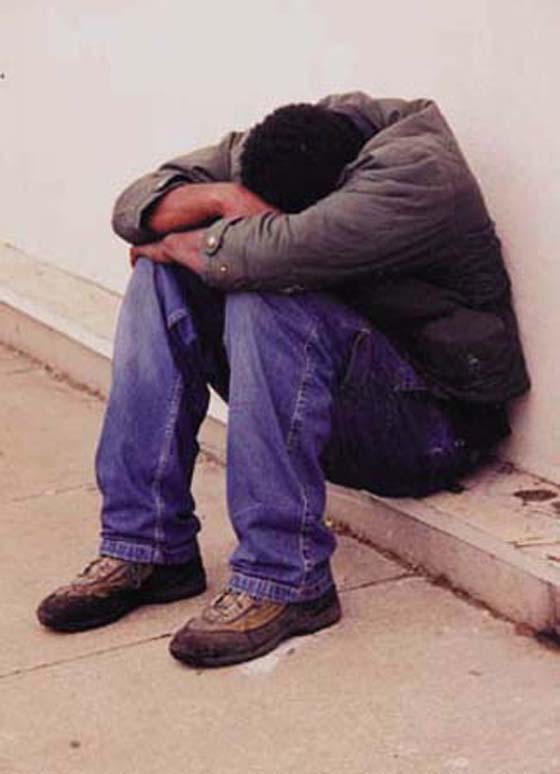by T.J. Johnston
[dropcap]S[/dropcap]an Francisco may soon be trying more cases against its indigent residents for sitting or sleeping on sidewalks and other so-called “quality of life” offenses, said a public defender who pleaded out a client for sitting on a milk crate on a Tenderloin sidewalk.
Gary Williams, a 52-year-old homeless resident, accepted a three-year probation sentence and a stay-away order from two blocks in the Tenderloin district for illegal lodging, or sleeping outside. He already served 30 days in the county jail before the plea bargain on February 4.
Andrea Lindsay, his lawyer from the Public Defender’s office, said Williams could have fought the charges and won, but the judge reminded him that he faced three years of jail time for sleeping and additional charges of public nuisance, obstructing the sidewalk and violating an existing probation. Williams would also have been barred from the entire neighborhood, host to a myriad of homeless service organizations.
“He was scared, unfortunately and understandably, so he agreed to the probation,” Lindsay said.
Charges like those brought against Williams are increasingly common citywide, according to data from the San Francisco Human Services Agency, the department that oversees homeless services. The number of such citations of homeless people jumped sharply in the last two years: Illegal lodging charges increased from 85 to 219; maintaining a public nuisance, from 134 to 240; and obstructing a sidewalk, from 317 to 677.
Elizabeth Hilton, an attorney in the Public Defender’s misdemeanor unit, is already predicting more cases in the courts.
“Although we have not yet experienced an increase in quality-of-life offenses in misdemeanor court, this increase in citations may be a sign we will,” she said.
Overall figures from the SFHSA also show that police issued more citations to indigents in the last year after a three-year decline. Since 2006, local law enforcement has written 45,855 tickets for violations of more than 30 state and local codes. Street people have been ticketed almost double the previous year’s amount in 2012, when the number of citations rose to 5,179 from 2,821 in 2011.
District Attorney George Gascón announced recently that his office will crack down specifically on homeless people who fail to answer to previous citations. Gascón told the San Francisco Chamber of Commerce at a February 19 forum that his office is making examples of 69 people — who were labeled as “chronic inebriates” — with multiple citations after a state appeals court ruled that attempts to charge them with contempt were unconstitutional.
Those on probation will automatically get tried in criminal court, said Katherine Weinstein Miller, Gascón’s policy director. Because neighborhood courts and other diversion programs are only available for low-level, nonviolent offenders without probation, defendants who don’t fall into this group have no other option.
“Even if the crime is neighborhood-court eligible, the criminal is not,” Miller said. Spokesperson Stephanie Ong Stillman added that the office evaluates each incident “considering the totality of the circumstances” on a case-by-case basis.

But advocates for the homeless community said this represents a push to criminalize homelessness. Elisa Della-Piana, director of the Neighborhood Justice Clinic in Berkeley, said Williams’ case sounded heavy-handed.
“A tired homeless man faced up to three years in prison for dozing off on a milk crate,” she said. “Prison. For sleeping while sitting up — an act that anyone who has ever been on a plane ride can attest is torture in and of itself.”
She said increased penalties against homeless people compound the effects of deep cuts in affordable housing and other poverty-abatement programs starting in the 1980s.
“Perhaps people are becoming used to the idea that it could be a crime just to be in a public place and look homeless,” she said. “I think it tears at the fabric of our communities to embrace selective enforcement in this way.”
Strict enforcement of quality-of-life violations goes against the recommendations of the U.S. Interagency Council on Homelessness made in a report last year, asking for a lighter legal touch and diversion to affordable housing and supportive programs.
“I think all of us in San Francisco agree there’s a homelessness problem,” Lindsay said. “But the criminal courts are not the place to address it.”
